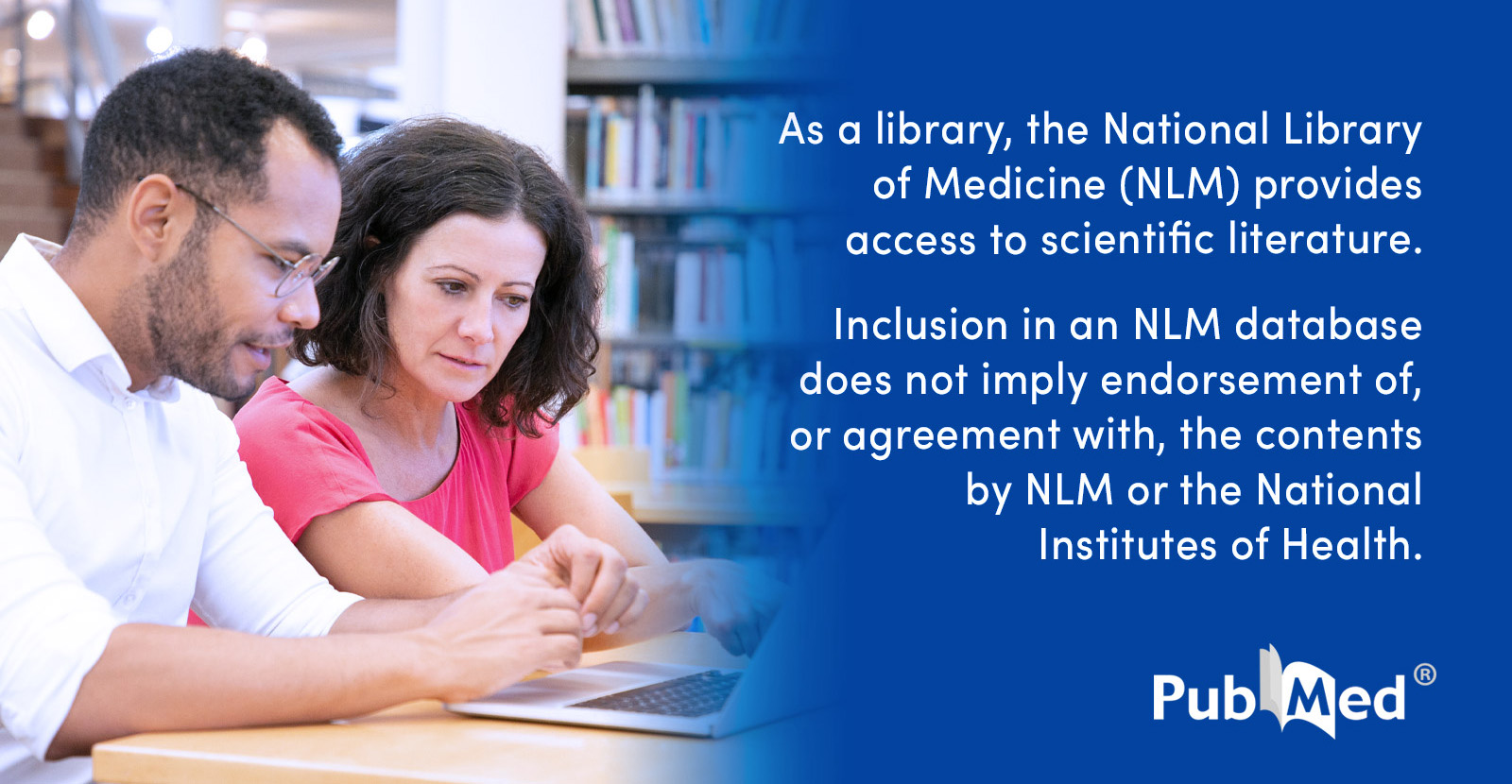Sorry to hear your son is suffering right now.
That must be stressful for him, and you and your wife. I imagine sleep and school are disrupted?
I understand then, why "a quick surgery" would be appealing - you have an answer to end everyone's stress and suffering.
Lots of people get their gall-bladders removed. It's a "quick standard operation with no side effects". Except the effects of it are life altering, as you can no longer digest fat (or absorb fat soluble vitamins) without continual external digestive support.
The medical system will not tell you of the long term effects.
If someone is threatened by cancer - sure cut it out. But this isn't that.
What does the research say about tonsillectomies?
In this study of almost 1.2 million children, of whom 17 460 had adenoidectomy, 11 830 tonsillectomy, and 31 377 adenotonsillectomy, surgeries were associated with increased long-term risks of respiratory, infectious, and allergic diseases. Although rigorous controls for confounding were used...

pubmed.ncbi.nlm.nih.gov
Doctors have been prescribing tonsillectomies for decades for those with recurrent sore throats. However, health experts now know that the long-term risks of this procedure are a detriment to overall immunity and exceed any short-term benefit....

www.sott.net
Ok - so what can you do?
If the stress and suffering of you all is great (I assume it is?), then work on that first.
When people are stressed (especially about kids) they want certainty. The surgery gives you certainty - a definitive 'end' of the suffering. Except it's not actually an end, based on peoples traumatic results and the above research.
So it involves facing some uncertainty head on. Of being strong for your wife and child by taking on that burden. And as such, managing your own stress so you can do that well.
Is this something you can try?
Propolis can provide some good relief to inflamed throats relatively quickly.
The other supplements will take time, but will help.
The removal of gluten, dairy, sugar may cause short term suffering - but will likely 'stop the immune system overreacting' in the future.
A lot of the health research on the forum is about exactly this topic. 99% of the time it's the immune system reacting to something real - and then continuing to 'overreact' going forwards.
It's the definition of auto-immune disease.
The simple test for this will be, that your son will continue to have immune overreactions going forward, with or without his tonsils.
Just like many of us have posted about on the forum.
Joint pain, stomach pain, skin issues, cognitive issues, allergies etc
After multiple decades of many of us suffering, their are many accounts of success and relief from suffering posted by people who gut out gluten, dairy and sugar.
All those that gave these up, also did well with corticosteroids - because the corticosteroids lower inflammation. That inflammation was coming from eating the wrong food.
As you can see, people (with or without tonsils) who have PFAPA are still having other symptoms.

itsnotjustavirus.com
Maybe you can do some blood tests for celiac/food allergies too?
What can we learn about PFAPA?

pmc.ncbi.nlm.nih.gov
That is - secondary opportunistic infection. Meaning the immune system is struggling.
Which leads too:
Periodic Fever, Aphthous Ulcers, Pharyngitis and Adenitis (PFAPA) Syndrome’s etiology is not well understood. The objective of this study is to explore the association between vitamin D level and PFAPA syndrome. A systematic review of all ...

pmc.ncbi.nlm.nih.gov
So we're back to adding vitamin c, d and zinc for immune support.
Vitamin d is depleted when we suffer illness and/or stress. Without it, the immune system can indeed overreact (i.e. not calm down) - but it also can't fight things off.
Low vitamin d levels means opportunistic infections can get a foothold.


